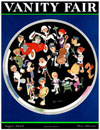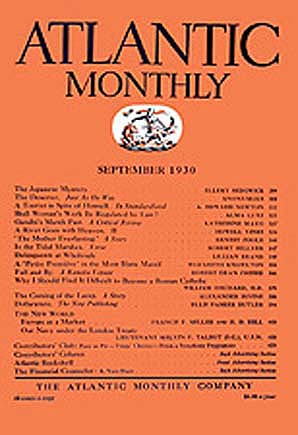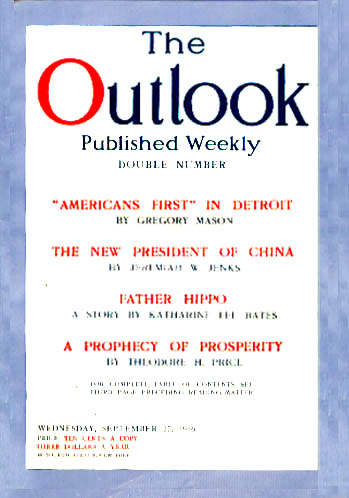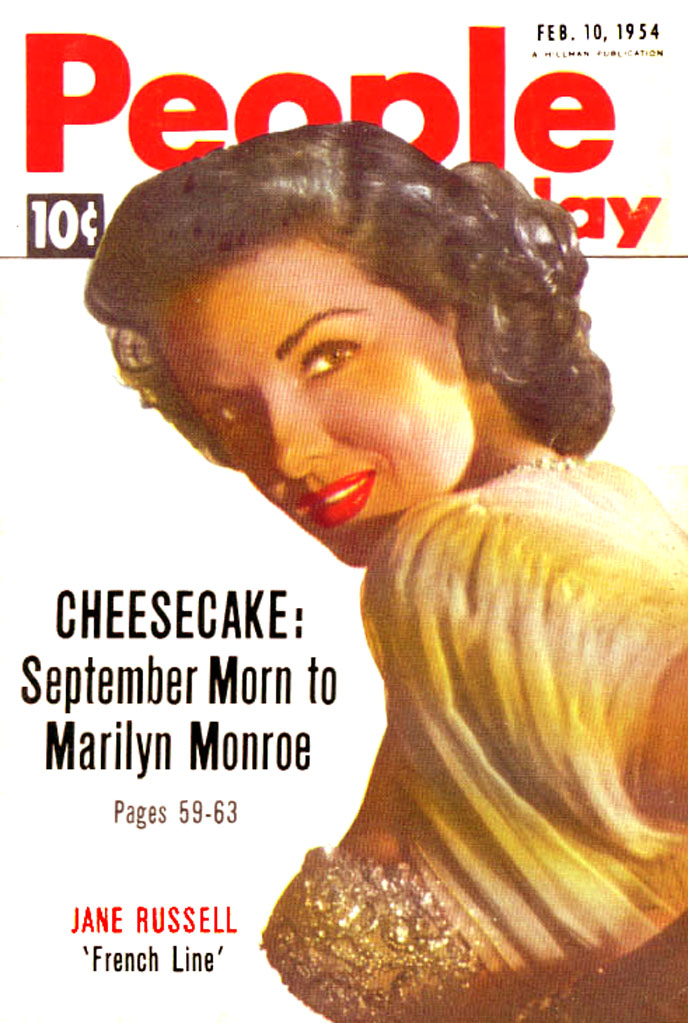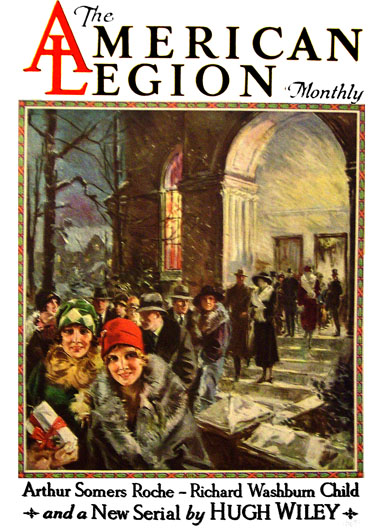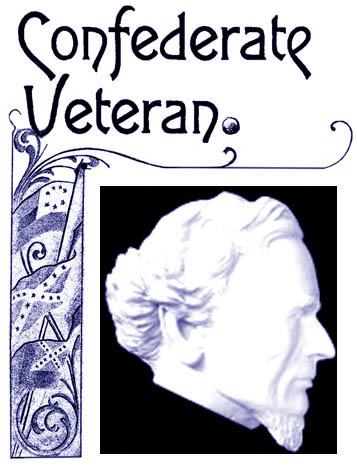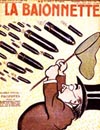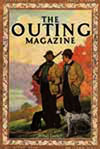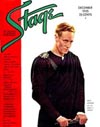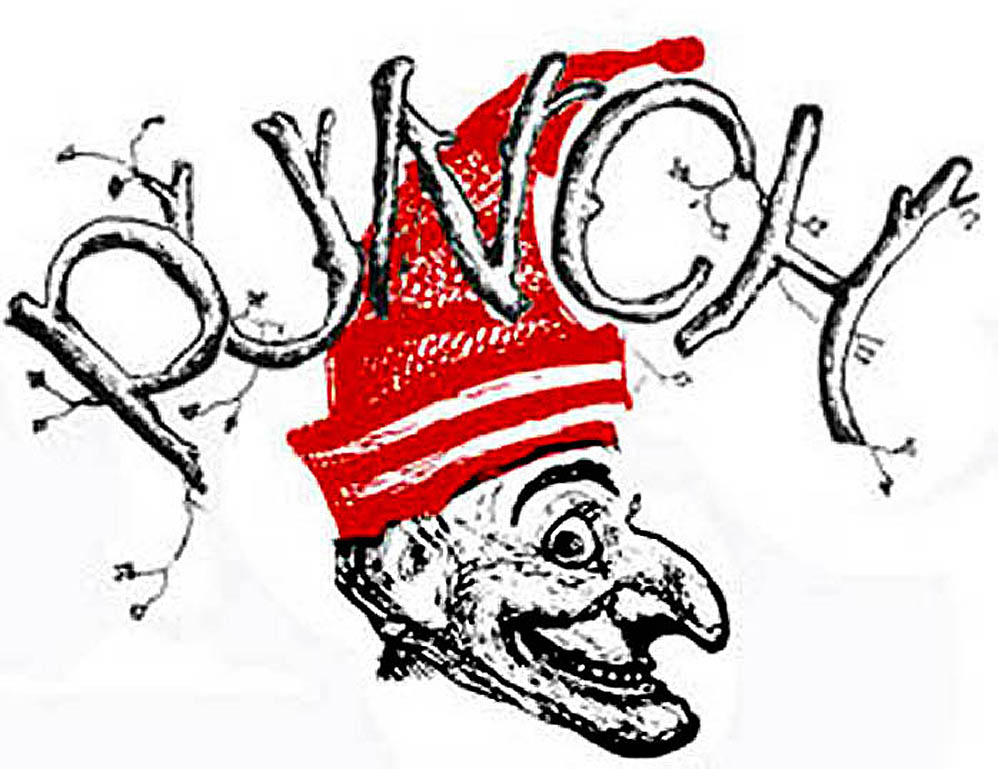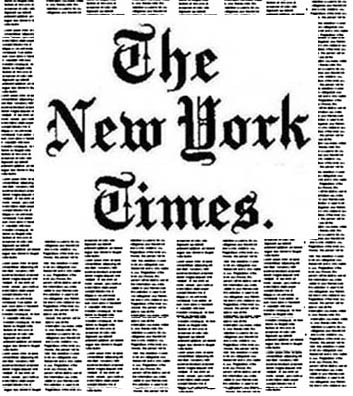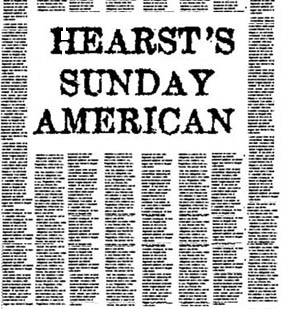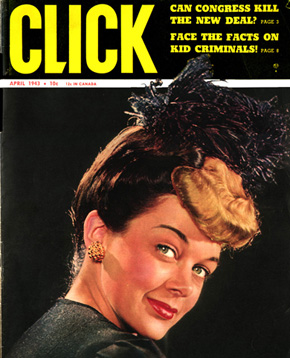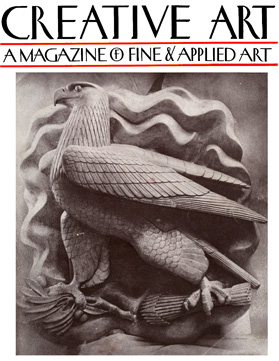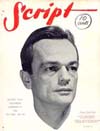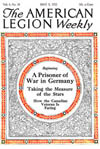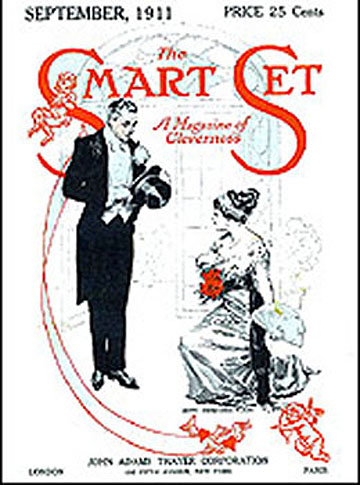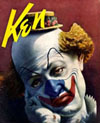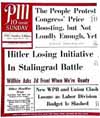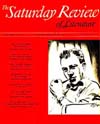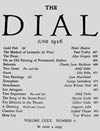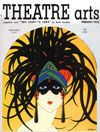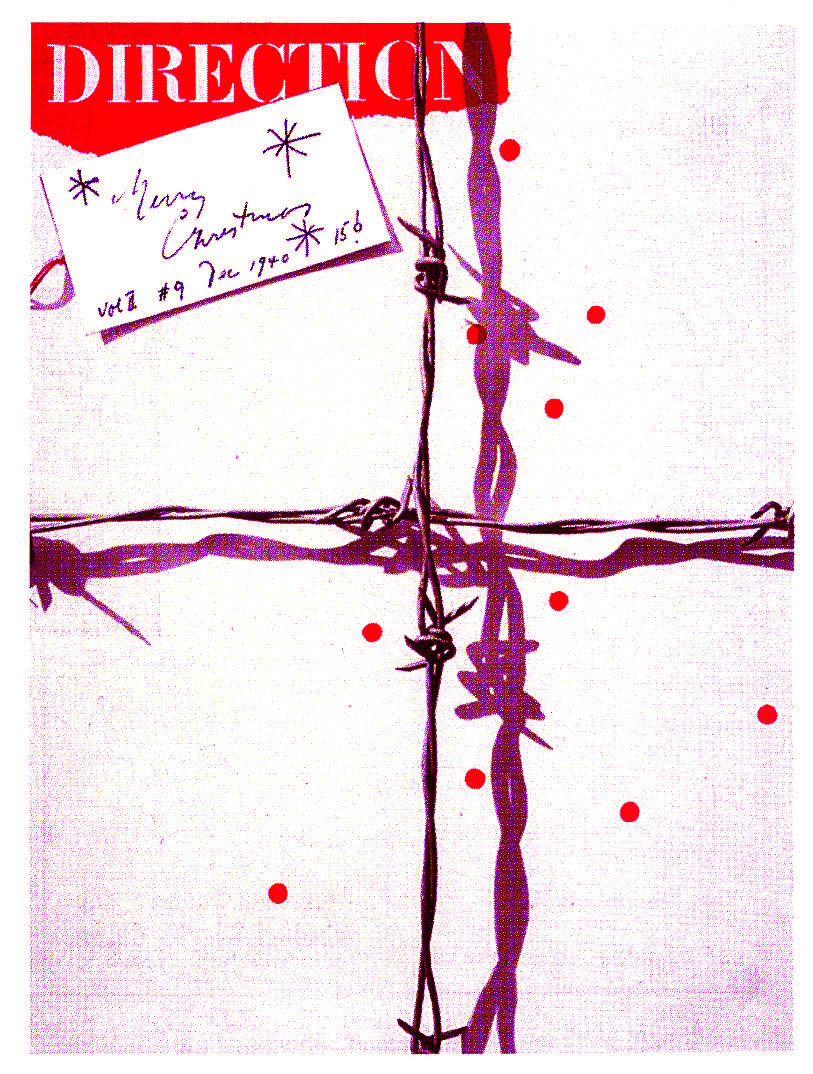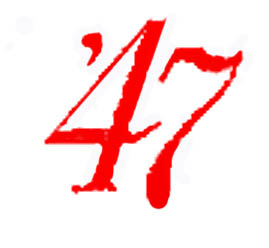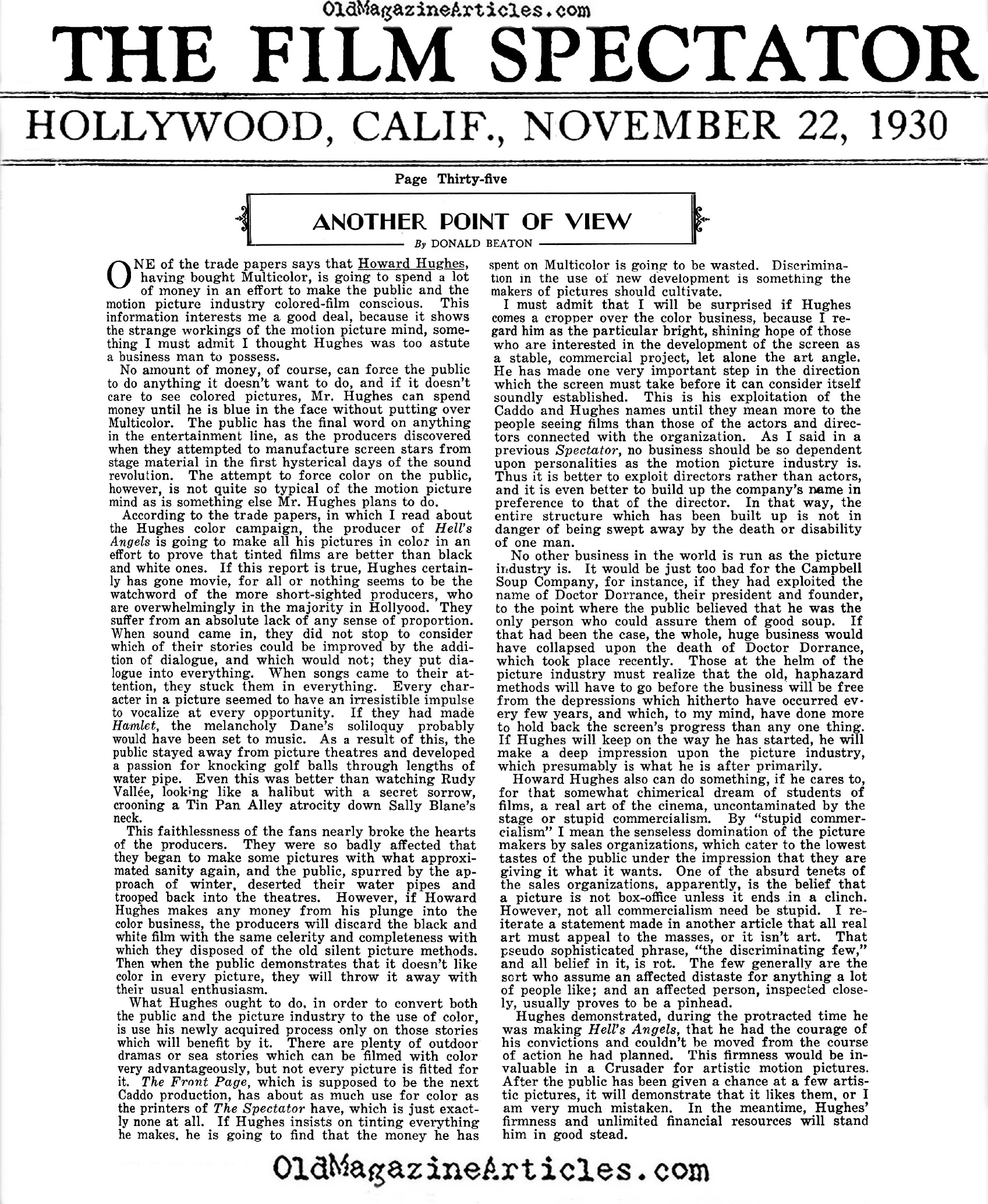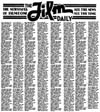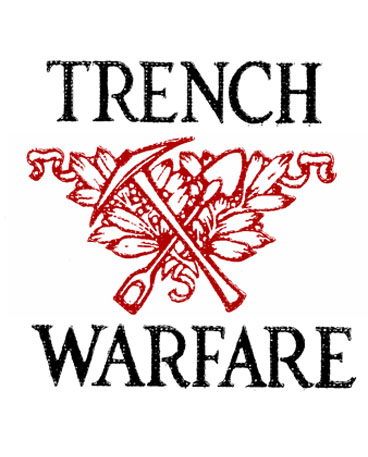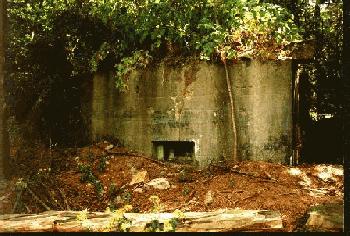Written during the last miserable days of 1944 came this one page, first-person account by a common American soldier (pvt. William P. Ehling) as he marched through a shell-pocked German landscape. The soldier went to great effort to describe the general discomfort experienced by all those GIs privileged enough to be posted at the spearhead of that historic winter advance through the Hürtgen Forest. Halting in frozen rain and blinding winds, his platoon languished around a liberated Nazi pillbox where it was decided that each of them should enjoy a three hour respite inside to escape the cold. When it was our hero’s turn he explains how nice it was to be surrounded by four walls and a roof:
“You suddenly think of your buddy in the slit trench outside, lying there all by himself while German 88s are plowing up the field. You’re glad that you’re inside the pillbox with the heavily reinforced concrete ceiling over your head, and you forget the panicking fear brought on by the paralyzing sound of incoming 88s.”
Click here to read about the mobile pill boxes of the Nazi army.
A similar article about the war weary infantry can be read here…
KEY WORDS: recollection of the misery that was the battle in the Hürtgen Forest 1944,world war two soldier’s memoir of front line misery 1944,miserable life of a ww2 U.S. soldier explained 1944,WW2 GI soldier explains his hardships,hurtgen forest battle,hard life of a ww2 soldier,soldier hardships in 1944 winter war,captured Nazi pillbox becomes a warm home for American GIs 1944,YANK MAGAZINE article regarding soldier hardships in 1944 winter war,YANK MAGAZINE memoir by pvt. William P. Ehling,YANK MAGAZINE essay by pvt. William P. Ehling,Hürtgen Forest world war two soldier’s memoir 1944,Hürtgen Forest memoir 1944,YANK MAGAZINE Hürtgen Forest memoir 1944,horrible march through Hürtgen Forest 1944,Hürtgen Forest recollection 1944,frozen american soldiers Hürtgen Forest 1944,Hürtgen Forest remembered,ww2 article concerning Hürtgen Forest advance,ww2 article concerning hürtgen forest battle 1944

